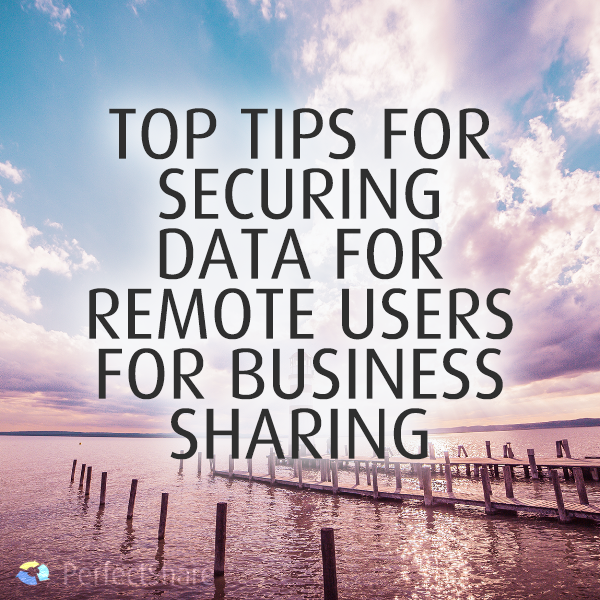Being away from my family never has sat well with me. In fact, some of my best work has occurred at home, with family living and breathing around me.
In that family, I have a very awesome, smart and gamified teenager. When his buddies come over, the internet, of course, gets a drain, but it’s all still workable.
The first time he had a big gathering, I questioned him a bit…
“Hey dad, can I get the Wifi password for my friends to connect?” he asked with a rushed and excited voice.
“Can I talk to your friends first?”
He stopped. “Ok?”
“Son, I have to make sure that their laptops and phones are as secure as our network.”
“But they’ve never been hacked,” he responded with a bit of anger in his voice.
“I get that. But, if they are even a little insecure, and if they visit just one sketchy site, or open one bad email, my computer could be compromised. And that extension is no work, no pay, is this slick internet speed that you’ve grown to love…it goes away.”
“GUYS! Come here for a sec!” he shouted for his friends.
Look, even in my home, I know that there could be security pinholes of problems, just waiting for the right person to exploit them. On this day, that amount of possible failure became magnified. If I didn’t take the pro-active approach to my home network’s security, along with many other security methods, my computer, my business data and my livelihood are all compromised.
The same occurs in business. Your employees are not children, of course. And your personal information isn’t the only thing at stake.
Today, we are going look at ways to make the above example the norm; when points of security are addressed for at-home or remote workers. You will learn some tips for better basic security for remote workers and your business data.
Create a Security Policy
Every business should have a security policy in place. This should encompass internet access, BYOD (if necessary), social media and more. You should also go one step further to outline policies for remote users including some of the below tips.
A large consideration for your security policy should be physical and digital security methods. Because your business deals with remote and at-home employees, these security policies need wording and explanation that expands on those areas.
Use a VPN
Most business that use a remote or at-home employee need a VPN; those that don’t should. While this may protect corporate users, it may not protect BYOD users.. Identify an appropriate VPN application for employees.
During installation, provide complete support, from beginning to end. Partial adoption is a step in the right direction, however for complete security requires 100% completion.
Increase Password Health
At-home and remote employees are not exempt from increasing their password health over time. Passwords are, for the time being, the key to the castle for your business data.
To start, all default passwords on devices need changed. This is true for mobile devices, computers and laptops; plus home networks and even your printer. From here, your password length, composition and uniqueness should be considered for better strength.
Restrict Public Wifi Usage
Being away from the office, and home office, is no excuse for mixing personal and business data over a public Wifi. Not everyone is malicious in intent. However, with an open and public Wifi everything from injection to eavesdropping can occur.
This is another reason why the remote user’s home network should be as secure as your business’s. A network is simply another point of intrusion.
Protect Against Theft
Physical security of devices is a very real threat. All devices should be logged off from during non-use.
As well, there is no situation that “only will take a second” is important enough to leave your device alone…so don’t. Your business data is compromised in the hands of someone with even basic technical knowledge. And all it takes is a second.
Avoiding Public Eyes
It is easy to take security for granted when you feel comfortable. This is never more true than when you are working from home. Be prepared to not only create a secure boundary as far as your software and passwords go. Be prepared for eavesdroppers and shoulder surfers.
A very common occurrence is someone seeing your conversations concerning something sensitive. What is worse, is that you can very clearly see someone entering a password or passcode on a device from across a few tables at a restaurant, cafe or other open space.
More Security Education
One of the most simple tips that you can take from this post is to constantly educate yourself, and your employees. Security issues never go away. Once there is a threat, it is considered valid for good.
A final tip…
One last tip is to use business solutions and applications that centralize data and information. One such product is PerfectShare. We take the task of data collaboration and file sharing security seriously.
If you are looking for better security for business data, signup for your free PerfectShare account today.

